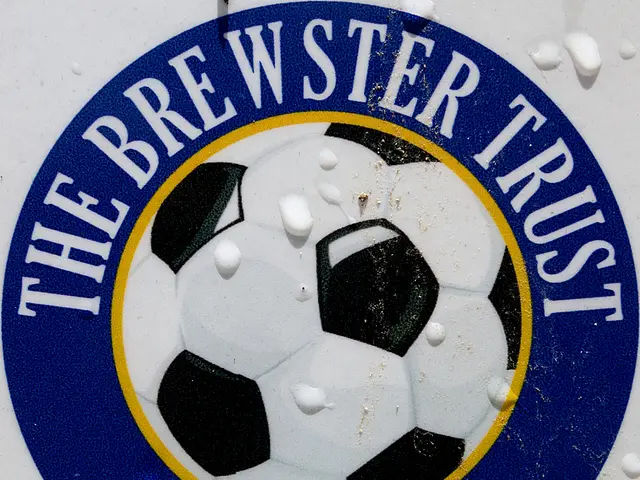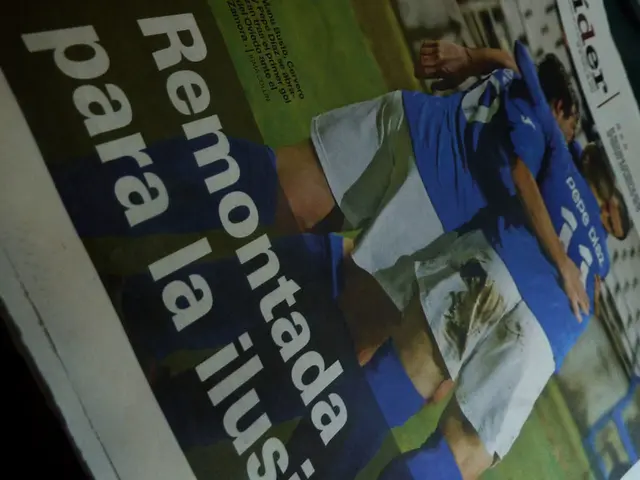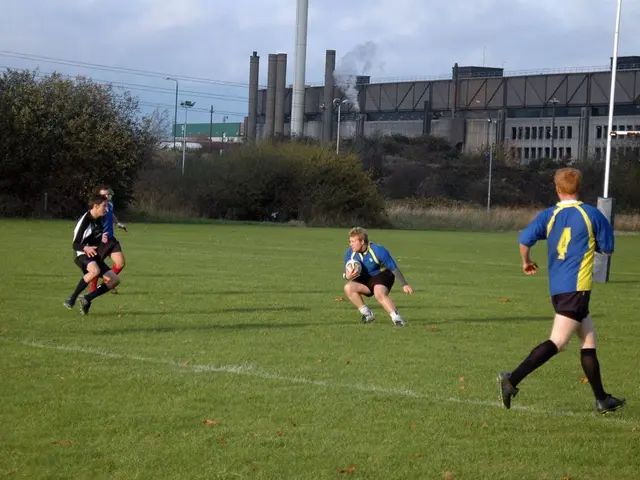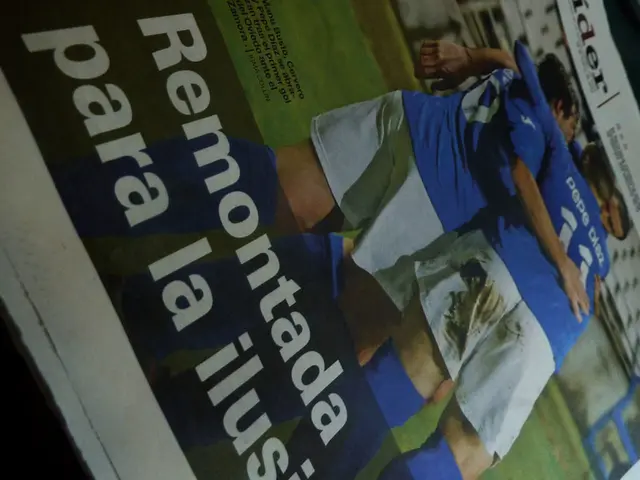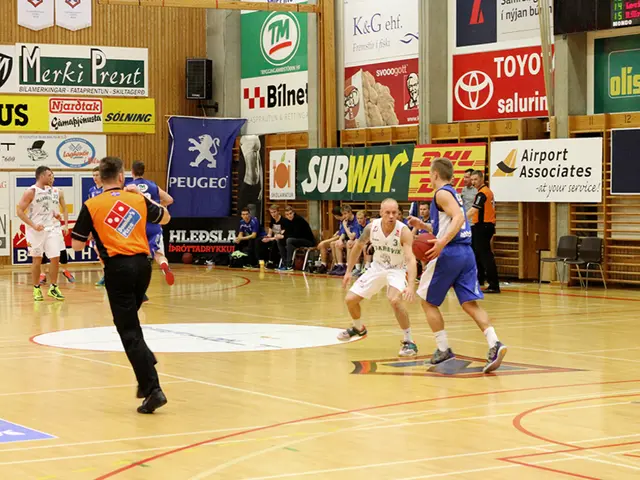"Wolfgang Grupp expressed deep frustration due to perceived disrespect"
In the heart of German football, a significant chapter came to an end in 1997 when Trigema, a long-standing club sponsor, decided to pull the plug on their involvement in Bundesliga football. This decision marked the beginning of a series of events that would reshape the future of Hertha BSC.
The roots of this change can be traced back to 1995, when Wolfgang Grupp, a key figure in Trigema's management, realised that the time of their partnership with Hertha was no longer viable. This realization came about as Hertha no longer needed Trigema or was willing to pay the usual sums associated with their partnership.
As the relationship between Trigema and Hertha began to deteriorate, UFA, a major player in the marketing of Bundesliga rights, entered the scene. In 1997, UFA secured certain rights to Hertha BSC, except for chest advertising, marking a significant shift in the club's sponsorship landscape.
This shift was not without controversy. Dieter Hoeneß, Hertha's then manager, had already expressed a desire to end the cooperation with Trigema, despite the five-year contract still having time left to run. UFA, in a move to further solidify their position, replaced the "old guard" at Hertha, including the removal of president Mr. Roloff.
Tensions escalated when UFA sent a letter to Wolfgang Grupp, stating that Trigema's contract was against good morals and extortionate. However, Grupp chose to stand his ground, leading to a legal battle that ultimately resulted in UFA's defeat.
Despite the legal loss, UFA continued to promote Hertha as the "capital club" after Berlin became the federal capital, heralding a new era for the club. Meanwhile, Trigema's withdrawal from Hertha was due to a market where the highest bids replaced partnerships no longer fitting Trigema's understanding of fairness, predictability, and economic efficiency.
Regrettably, no information is available about the person who may have urged Wolfgang Grupp to terminate the contract with Hertha BSC in 1995. Nevertheless, the impact of this decision is evident in the current landscape of German football, where partnerships continue to shape the future of clubs like Hertha BSC.
Read also:
- United States tariffs pose a threat to India, necessitating the recruitment of adept negotiators or strategists, similar to those who had influenced Trump's decisions.
- Weekly happenings in the German Federal Parliament (Bundestag)
- Southwest region's most popular posts, accompanied by an inquiry:
- Discussion between Putin and Trump in Alaska could potentially overshadow Ukraine's concerns

